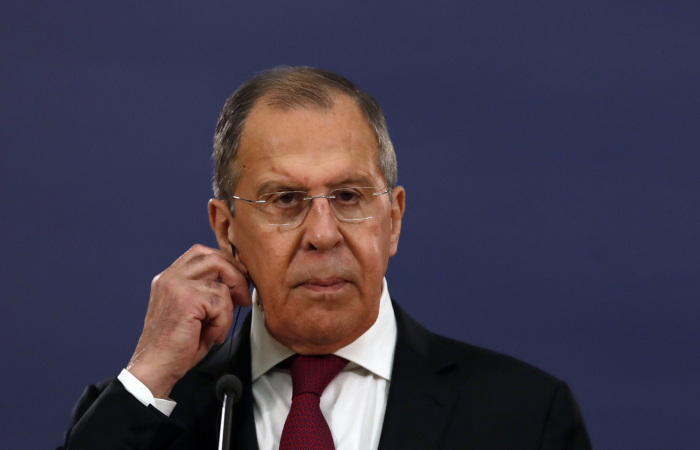Editor's choice
This is a members’ functionality. Please
Sign upNews
Trending
French political uncertainty and China trade row cast shadow over Europe
1 July 2024
Political uncertainty in France and an EU trade dispute with China are casting a shadow over European corporate earnings, investors say, despite forecasts pointing to better corporate results. According to LSEG I/B/E/S equity research, second-quarter earnings for companies in the pan-European STOXX 600 index are expected to rise by 2%, with revenues up 1.7%. This would be the first quarter of growth since early 2023. Investors had been optimistic about Europe's stock markets as the European Central Bank adopted a looser policy and the economic outlook improved. However, French President Emmanuel Macron's unexpected decision to call a general election has raised doubts.













